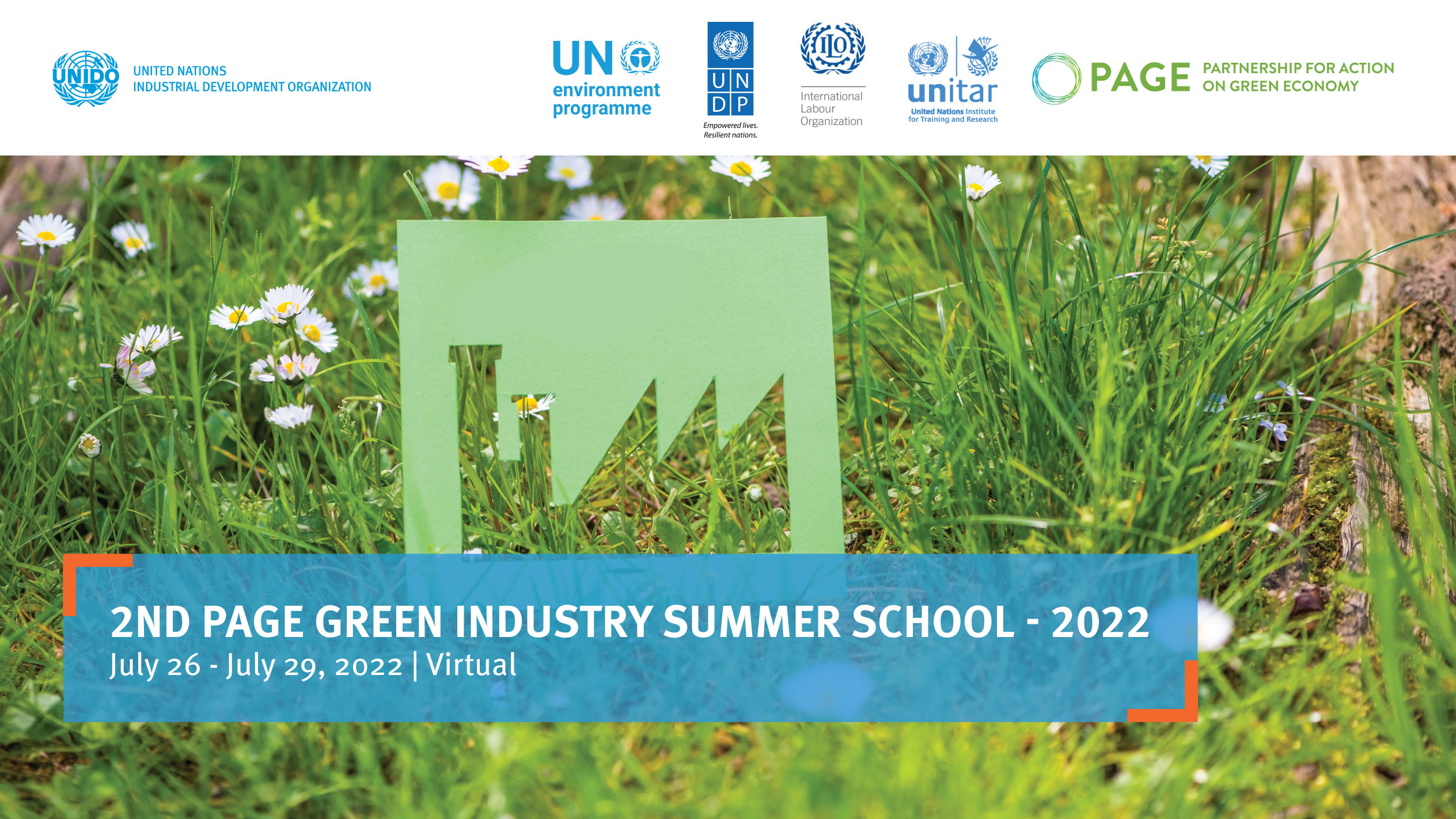
Attaining advanced levels of inclusive and sustainable industrial development will require not only increased incomes but also conscious efforts to sustain growth, promote social inclusiveness and move towards greener structural transformation—as well as managing related trade-offs. Trends in resource use and energy consumption indicate that current forms of industrial production damage ecosystems and risk undermining the social and economic development benefits achieved thus far. A key underlying reason for these negative trends is that the incentives that guide the way people invest, produce and consume are not accounting for environmental costs. The need to rethink our incentives system to one that is based upon principles of sustainability is therefore obvious and urgent. Green Industry tools supported by green industrial policy can be a driving force in transforming negative trends and incentivizing stakeholders to foster an inclusive and green, system-wide socioeconomic transformation.
The impacts and economic consequences of COVID 19 have added additional layers to the existing complexities of our production systems. They have shown the vulnerability of our production systems to sudden shocks and yet, the crisis has demonstrated that manufacturing remains the backbone of our economies. For the recovery to happen, it is critical to understand how the pandemic has affected the industrial sector—and the prospects for the future of industrialization as economies all over the world continue to rebound and recover.
Therefore, UNIDO is organizing green industry summer school under the United Nations Partnership for Action on Green Economy (PAGE) to provide guidance to policymakers and practitioners on green industrial transformation and provide an up-to-date overview of the debate on green industrial policy.
Course objectives
This course aims to build national capacities and raise awareness about the importance and feasibility of applying Green Industry approaches and tools in achieving the 2030 Agenda for Sustainable Development. More specifically, the course aims to:
1. Provide participants with an understanding of Green Industrial Policy as a tool for accelerating a green economic transformation.
2. Share success stories of tackling pandemic and rebounding industries from a green recovery perspective.
3. Discuss how industries, SMEs, can successfully overcome key challenges that prevent them from adopting green industry-related products and services.
4. Gain an understanding of the inter-linkages between green industry, green jobs, and just transition
Course structure
The course will be delivered in two parts:
Part 1 Self-paced Online Course on Green Industrial Policy: Sustainable Economic Transformation and Competitiveness
Deadline to complete the self-paced online course: July 10, 2022
Part 2 Advanced Instructor-led Online Course on Green Industry: July 26-29, 2022
What topics will this course cover?
- Green Industrial Development (Industrial deep decarbonization, Circular Economy, Digitalization)
- Responses to global food crisis and supply disruption
- Green recovery and building resilience for Industries and SMEs
- I-GO (Integrated Greening Operation) tools
- Green jobs and just transitions
- Finance and investment for green industrial development
- A virtual tour to an industrial site
For more information on the course, its eligibility criteria, and application process. Download the course’s brochure.
Contacts
For further information, please contact:
Ozunimi Iti, Department of Environment, Email
Abu Saieed, Department of Environment, Email
Course summary information
|
Place |
Web-based |
|
Key Dates |
Deadline for application: 15 June 2022. Deadline to complete self-paced course (Part 1): July 10, 2022 Announcement of winners for Part 2: July 15, 2022 Advanced instructor-led online course (Part 2): July 26-29, 2022 |
|
Participants |
Part 1 is open to all applicants. Part 2 is limited to a max of 35 participants. |
|
Language |
English |
|
Course Fee |
Participation in the course is free-of-charge |
|
Course materials |
All course materials will be provided during the course. |
|
Certificate |
Upon completion, participants will be awarded a certificate of attendance. |
-
Course brochure
-
Course flyer
-
Day 1: Circular economy for meeting climate goal
-
Day 1: Green Industry-Key concepts
-
Day 1: I-GO assessment tool_PAGE Summer School
-
Day 2: Recovery fro green MSME
-
Day 2: SME Recovery
-
Day 2: Ukraine Russia conflict-global food security
-
Day 3: Climate Promise -Industry- PAGE Summer school
-
Day 3: Deep decarbonization of industrial processes and digitalisation Drexler-Schmid
